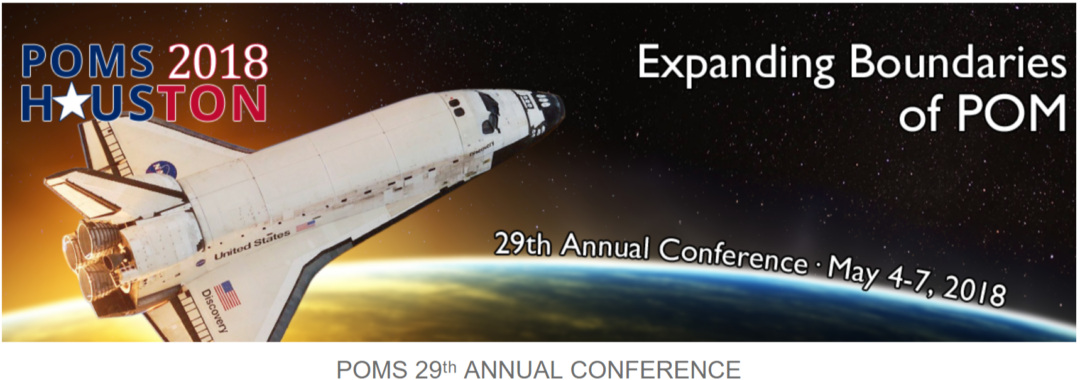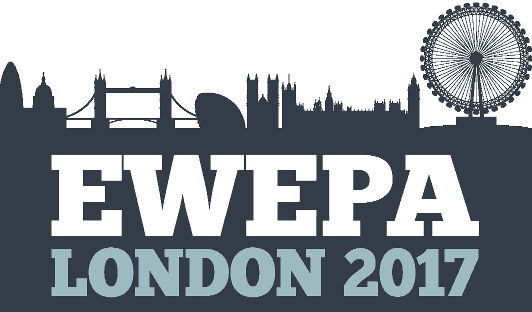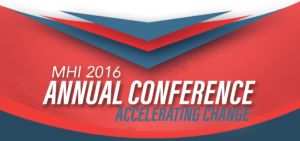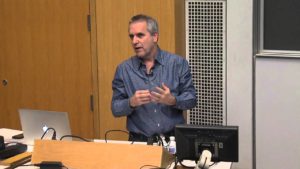
The annual general research conference on the Japanese economy will be held July 30, 2018 in Tokyo. This years conference will be highlighted by papers by Kevin Hassett and Shuhei Kitamura with outstanding discussants such as Takeo Hoshi and Chad Syverson.
Economic and Social Research Institute (ESRI) will hold their annual research conference on July 31, 2018 following the NBER Japan project meeting.
The Economic and Social Research Institute (ESRI) was founded in January 2001 as part of the Cabinet Office with the expansion of the functions and scale of the Economic Planning Agency’s Economic Research Institute under the reorganization of Japan’s central government ministries and agencies. Known as the “forum for knowledge” for the Cabinet, the Cabinet Office is in charge of key administrative issues. As the Cabinet Office’s think tank, the ESRI could rightly be called the “forum for knowledge” within the “forum for knowledge” because the ESRI links theory with policy.
The main role of the ESRI is to strengthen its functions as a policy research institute by conducting theoretical and experimental research related to economic activities and policies, social activities, and other issues. The ESRI also trains and develops human resources to spearhead policy research. In addition, the ESRI compiles and publishes estimates for the gross domestic product (GDP) and other statistics in the System of National Accounts (SNA). The ESRI publishes both the Preliminary Quarterly GDP Estimates and the Annual Report on National Accounts. Moreover, the ESRI compiles and publishes the Coincident Index and other business statistics.














